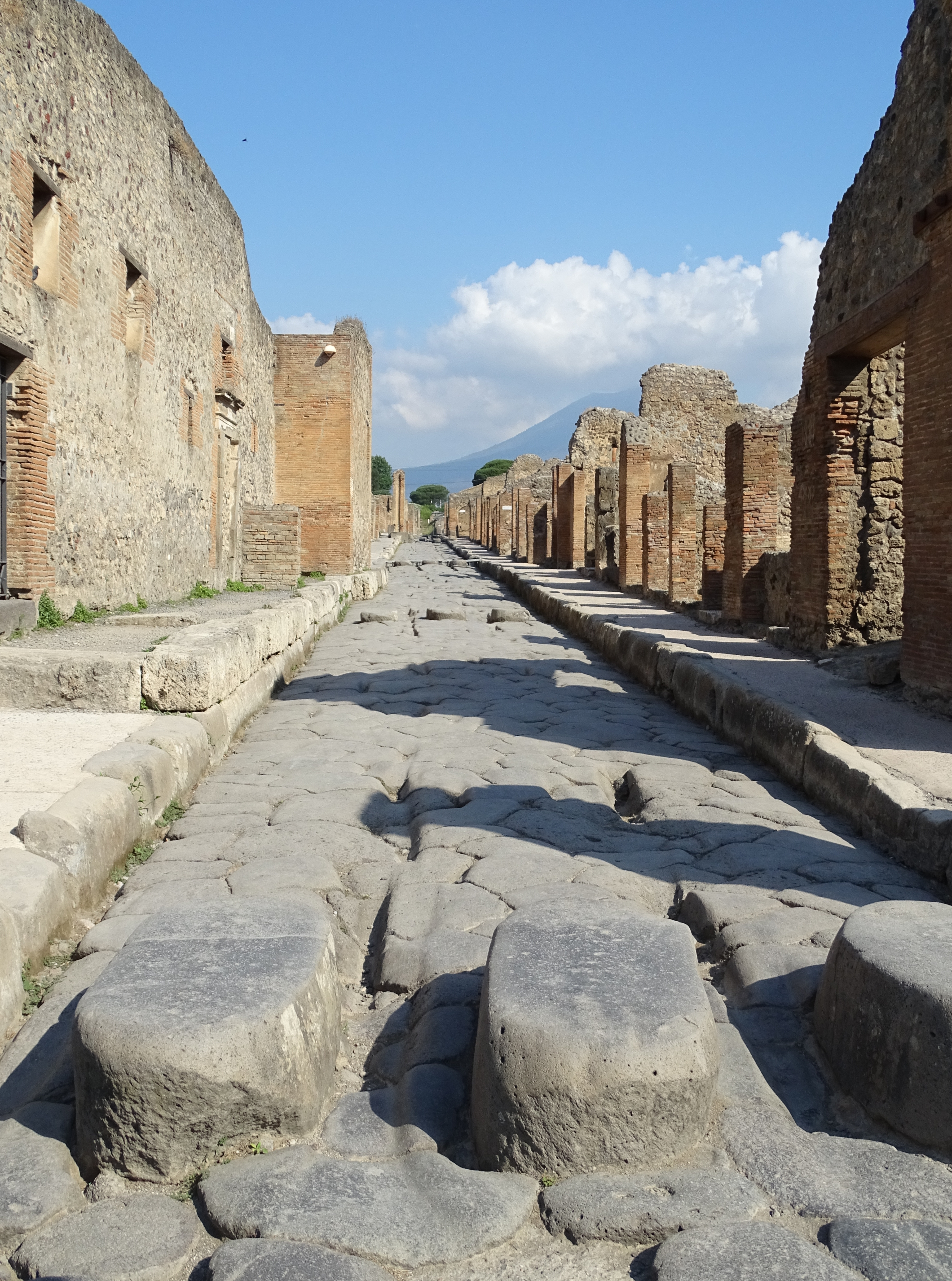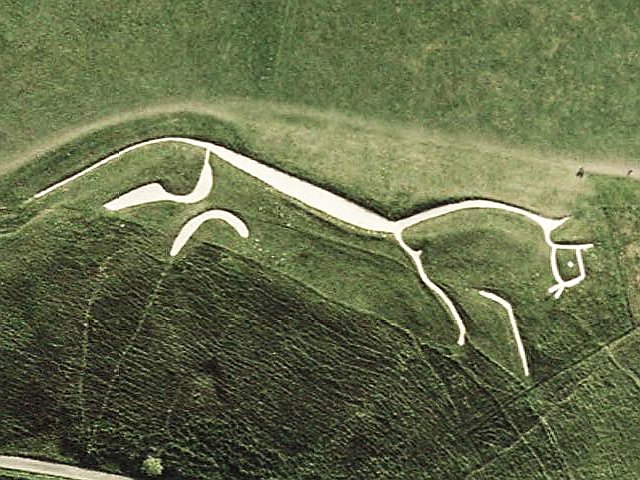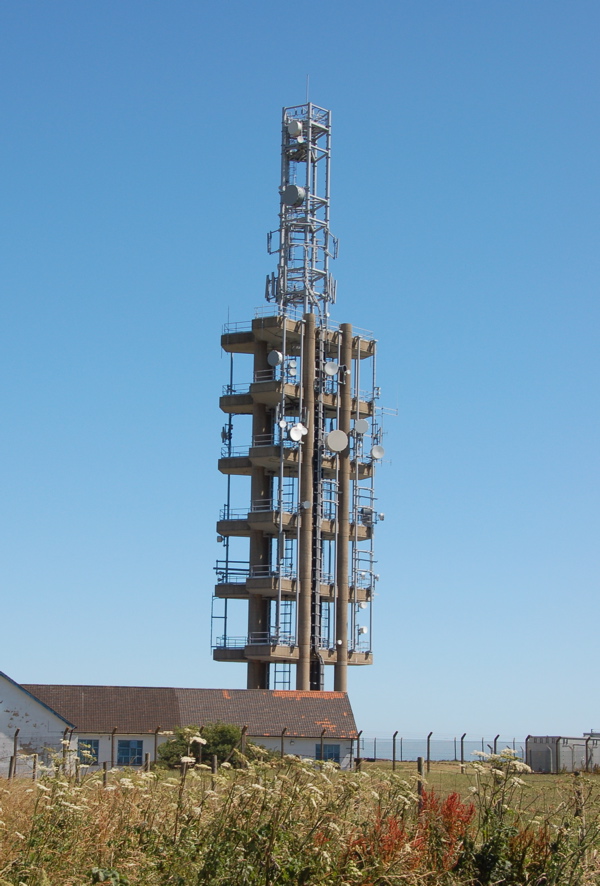|
Postling
Postling village and civil parish is situated near the Roman road of Stone Street, about south of Canterbury, Kent, in South East England. Postlinges is the spelling used in the Domesday Book where it was part of the lands of Hugo de Montfort; Postlinge is also seen in old records. There is much archaeological evidence of continued occupation of the area. Postling Court is, in effect, the old manor-house, although is, more correctly as the name suggests, the one-time meeting place of the local court and magistrate. The population of the civil parish includes the hamlet of Newbarn. The parish church is dedicated to Saints Mary and Radegund Radegund ( la, Radegundis; also spelled ''Rhadegund, Radegonde, or Radigund''; 520 – 13 August 587) was a Thuringian princess and Frankish queen, who founded the Abbey of the Holy Cross at Poitiers. She is the patron saint of several churche .... It is a Grade I listed building. The oldest parts are from the late 11th or 12th century ... [...More Info...] [...Related Items...] OR: [Wikipedia] [Google] [Baidu] |
Newbarn
Newbarn is a hamlet around a crossroads northwest of Etchinghill in Kent, England. Etchinghill Golf Club is on the road between the two. Tolsford Hill BT Tower can clearly be seen on Tolsford Hill to the south. It is in the civil parish of Postling Postling village and civil parish is situated near the Roman road of Stone Street, about south of Canterbury, Kent, in South East England. Postlinges is the spelling used in the Domesday Book where it was part of the lands of Hugo de Montfort; .... References Hamlets in Kent {{kent-geo-stub ... [...More Info...] [...Related Items...] OR: [Wikipedia] [Google] [Baidu] |
Folkestone And Hythe (District)
Folkestone and Hythe is a local government district in Kent, England, in the south-east of the county. Its council is based in the town of Folkestone. The authority was renamed from Shepway in April 2018, and therefore has the same name as the Folkestone and Hythe parliamentary constituency, although a somewhat narrower area is covered by the district. Most of the population live in the coastal towns of Folkestone and Hythe. The north of the district mainly consists of landscape villages interspersed with woods along parts of the North Downs, while the south features a coastal expanse of lower lying, periodically reclaimed villages in less forested Romney Marsh, which has a number of communities extensively built in the medieval period and 17th century as centres of the Romney Marsh wool trade. The district's economy is influenced by the Channel Tunnel Rail Link and the M20 motorway, while the tourism and allied retail sectors provide key sources of employment. History The m ... [...More Info...] [...Related Items...] OR: [Wikipedia] [Google] [Baidu] |
Kent
Kent is a county in South East England and one of the home counties. It borders Greater London to the north-west, Surrey to the west and East Sussex to the south-west, and Essex to the north across the estuary of the River Thames; it faces the French department of Pas-de-Calais across the Strait of Dover. The county town is Maidstone. It is the fifth most populous county in England, the most populous non-Metropolitan county and the most populous of the home counties. Kent was one of the first British territories to be settled by Germanic tribes, most notably the Jutes, following the withdrawal of the Romans. Canterbury Cathedral in Kent, the oldest cathedral in England, has been the seat of the Archbishops of Canterbury since the conversion of England to Christianity that began in the 6th century with Saint Augustine. Rochester Cathedral in Medway is England's second-oldest cathedral. Located between London and the Strait of Dover, which separates England from m ... [...More Info...] [...Related Items...] OR: [Wikipedia] [Google] [Baidu] |
Folkestone And Hythe (UK Parliament Constituency)
Folkestone ( ) is a port town on the English Channel, in Kent, south-east England. The town lies on the southern edge of the North Downs at a valley between two cliffs. It was an important harbour and shipping port for most of the 19th and 20th centuries. There has been a settlement in this location since the Mesolithic era. A nunnery was founded by Eanswith, granddaughter of Æthelberht of Kent in the 7th century, who is still commemorated as part of the town's culture. During the 13th century it subsequently developed into a seaport and the harbour developed during the early 19th century to provide defence against a French invasion. Folkestone expanded further west after the arrival of the railway in 1843 as an elegant coastal resort, thanks to the investment of the Earl of Radnor under the urban plan of Decimus Burton. In its heyday - during the Edwardian era - Folkestone was considered the most fashionable resort of the time, visited by royalties - amongst them Queen Vict ... [...More Info...] [...Related Items...] OR: [Wikipedia] [Google] [Baidu] |
Civil Parishes In England
In England, a civil parish is a type of administrative parish used for local government. It is a territorial designation which is the lowest tier of local government below districts and counties, or their combined form, the unitary authority. Civil parishes can trace their origin to the ancient system of ecclesiastical parishes, which historically played a role in both secular and religious administration. Civil and religious parishes were formally differentiated in the 19th century and are now entirely separate. Civil parishes in their modern form came into being through the Local Government Act 1894, which established elected parish councils to take on the secular functions of the parish vestry. A civil parish can range in size from a sparsely populated rural area with fewer than a hundred inhabitants, to a large town with a population in the tens of thousands. This scope is similar to that of municipalities in Continental Europe, such as the communes of France. Howeve ... [...More Info...] [...Related Items...] OR: [Wikipedia] [Google] [Baidu] |
Roman Road
Roman roads ( la, viae Romanae ; singular: ; meaning "Roman way") were physical infrastructure vital to the maintenance and development of the Roman state, and were built from about 300 BC through the expansion and consolidation of the Roman Republic and the Roman Empire. They provided efficient means for the overland movement of armies, officials, civilians, inland carriage of official communications, and trade goods. Roman roads were of several kinds, ranging from small local roads to broad, long-distance highways built to connect cities, major towns and military bases. These major roads were often stone-paved and metaled, cambered for drainage, and were flanked by footpaths, bridleways and drainage ditches. They were laid along accurately surveyed courses, and some were cut through hills, or conducted over rivers and ravines on bridgework. Sections could be supported over marshy ground on rafted or piled foundations.Corbishley, Mike: "The Roman World", page 50. Warwick Pres ... [...More Info...] [...Related Items...] OR: [Wikipedia] [Google] [Baidu] |
Stone Street (Kent)
Watling Street is a historic route in England that crosses the River Thames at London and which was used in Classical Antiquity, Late Antiquity, and throughout the Middle Ages. It was used by the ancient Britons and paved as one of the main Roman roads in Britannia (Roman-governed Great Britain during the Roman Empire). The route linked Dover and London in the southeast, and continued northwest via St Albans to Wroxeter. The line of the road was later the southwestern border of the Danelaw with Wessex and Mercia, and Watling Street was numbered as one of the major highways of medieval England. First used by the ancient Britons, mainly between the areas of modern Canterbury and using a natural ford near Westminster, the road was later paved by the Romans. It connected the ports of Dubris (Dover), Rutupiae (Richborough Castle), Lemanis (Lympne), and Regulbium (Reculver) in Kent to the Roman bridge over the Thames at Londinium (London). The route continued northwest through ... [...More Info...] [...Related Items...] OR: [Wikipedia] [Google] [Baidu] |
Canterbury
Canterbury (, ) is a cathedral city and UNESCO World Heritage Site, situated in the heart of the City of Canterbury local government district of Kent, England. It lies on the River Stour. The Archbishop of Canterbury is the primate of the Church of England and the worldwide Anglican Communion owing to the importance of St Augustine, who served as the apostle to the pagan Kingdom of Kent around the turn of the 7th century. The city's cathedral became a major focus of pilgrimage following the 1170 martyrdom of Thomas Becket, although it had already been a well-trodden pilgrim destination since the murder of St Alphege by the men of King Canute in 1012. A journey of pilgrims to Becket's shrine served as the frame for Geoffrey Chaucer's 14th-century classic '' The Canterbury Tales''. Canterbury is a popular tourist destination: consistently one of the most-visited cities in the United Kingdom, the city's economy is heavily reliant upon tourism. The city has been occ ... [...More Info...] [...Related Items...] OR: [Wikipedia] [Google] [Baidu] |
South East England
South East England is one of the nine official regions of England at the first level of ITL for statistical purposes. It consists of the counties of Buckinghamshire, East Sussex, Hampshire, the Isle of Wight, Kent, Oxfordshire, Berkshire, Surrey and West Sussex. Major towns and cities in the region include Brighton and Hove, Milton Keynes, Southampton, Portsmouth, Slough, Reading and Oxford. South East England is the third largest region of England, with an area of 19,096 km2 (7,373 sq mi), and is also the most populous with a total population of over eight and a half million (2011). The region contains seven legally chartered cities: Brighton and Hove, Canterbury, Chichester, Oxford, Portsmouth, Southampton and Winchester. The region's close proximity to London and connections to several national motorways have led to South East England becoming a prosperous economic hub with the largest economy of any region in the UK, after London. The region is home to Gat ... [...More Info...] [...Related Items...] OR: [Wikipedia] [Google] [Baidu] |
Radegund
Radegund ( la, Radegundis; also spelled ''Rhadegund, Radegonde, or Radigund''; 520 – 13 August 587) was a Thuringian princess and Frankish queen, who founded the Abbey of the Holy Cross at Poitiers. She is the patron saint of several churches in France and England and of Jesus College, Cambridge (whose full name is "The College of the Blessed Virgin Mary, Saint John the Evangelist ''and the glorious Virgin Saint Radegund'', near Cambridge"). Life Radegund was born about 520 to Bertachar, one of the three kings of the German land Thuringia."St. Radegund", Jesus College, Cambridge Radegund's uncle, Hermanfrid, killed Bertachar in battle, and took Radegund into his household. After allying ... [...More Info...] [...Related Items...] OR: [Wikipedia] [Google] [Baidu] |
Tolsford Hill BT Tower
Tolsford Hill BT Tower is a telecommunication tower built of reinforced concrete at Tolsford Hill on the North Downs near Folkestone, Kent. Tolsford Hill BT Tower is one of the few British towers built of reinforced concrete and is 67.36 metres ( 221 ft) high. See also * British Telecom microwave network The British Telecom microwave network was a network of point-to-point microwave radio links in the United Kingdom, operated at first by the General Post Office, and subsequently by its successor BT plc. From the late 1950s to the 1980s it provided ... * Telecommunications towers in the United Kingdom References RSG: Features: The Towers of Backbone. Communication towers in the United Kingdom Towers in Kent British Telecom buildings and structures Transmitter sites in England {{Europe-mast-stub ... [...More Info...] [...Related Items...] OR: [Wikipedia] [Google] [Baidu] |
Civil Parishes In Kent
{{disambiguation ...
Civil may refer to: *Civic virtue, or civility *Civil action, or lawsuit * Civil affairs *Civil and political rights *Civil disobedience *Civil engineering *Civil (journalism), a platform for independent journalism *Civilian, someone not a member of armed forces *Civil law (other), multiple meanings *Civil liberties *Civil religion *Civil service *Civil society *Civil war *Civil (surname) Civil is a surname. Notable people with the surname include: *Alan Civil (1929–1989), British horn player *François Civil (born 1989), French actor * Gabrielle Civil, American performance artist *Karen Civil (born 1984), American social media an ... [...More Info...] [...Related Items...] OR: [Wikipedia] [Google] [Baidu] |






